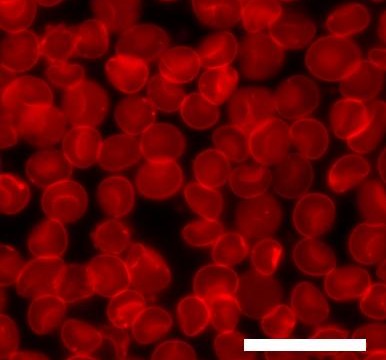In optimal health, blood is transported throughout the body to deliver oxygen, vitamins, hormones and more to the cells. The blood also removes wastes and carbon dioxide, but when the body is anemic, there aren’t enough red blood cells or the red blood cells aren’t functioning at their normal efficiency and this system falls apart. This is particularly dangerous when a woman is pregnant because the fetus relies on the mother’s blood for nutrition and oxygen.
Types of anemia
There are several types of anemia that a woman can suffer from while pregnant, including anemia of pregnancy, iron deficiency anemia, vitamin B12 anemia, and folate deficiency. When pregnant, a woman’s blood volume can increase by as much as 50 percent. This dilutes the number of red blood cells in her body. The lack of iron in the red blood cells is the most common form of pregnancy anemia. Proper treatment of iron deficiency anemia is integral to the proper development of the fetus. Folate and B12 anemia are also common. These can be overcome by taking supplements, injections or changing diet.

Symptoms
The visible symptoms of anemia in a pregnant woman may be hard to detect unless her red blood cell counts are very low. However, common symptoms include: fatigue, vertigo or dizziness, difficulty breathing, rapid heart rate or paleness.
Diagnosis
Routine blood tests at the beginning of the pregnancy almost always catch anemia. If, however, your initial tests are fine but you start feeling any anemia-related symptoms, ask your doctor to retest you.